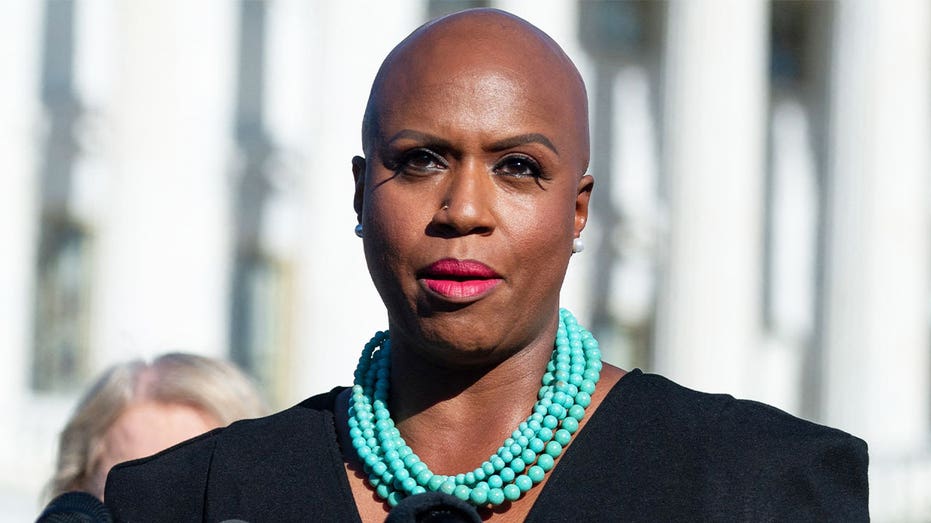- by foxnews
- 25 Nov 2024
From Google Maps to Pokémon Go, John Hanke is programming the future
From Google Maps to Pokémon Go, John Hanke is programming the future
- by theguardian
- 08 Apr 2023
- in technology

It's not often you meet someone who's genuinely changed the world, but that's what happens the day I greet Niantic CEO John Hanke. Sipping his coffee alone in a gargantuan San Franciscan boardroom, I wonder whether the man on the other end of this Zoom call realises just how often people use his former company's creation, Google Maps.
Hanke's yearning to create started young. Fresh out of business school in the 1990s and already with one of the first online gaming successes to his name, he was snapped up - along with his company, Keyhole, by Google founders Larry Page and Sergey Brin, and folded into the team that made Google Maps, now arguably the most useful thing on your smartphone.
Growing up reading National Geographic, Hanke became fascinated with the idea of mapping our planet, as well as the mind-boggling possibilities of computing: "I was born in the home computer era. Building and making stuff was something that bit me young." In between attending business lectures at Berkeley, he began charting a more fantastical landscape than Earth: the magic-filled world of Meridian 59, his first video game project. As part of a studio called Archetype Interactive, Hanke and his friends created one of the first massively multiplayer online games to market - a genre later famously popularised by Blizzard's World of Warcraft. Impressed, Game publisher 3DO bought the rights to the MMO the day Hanke graduated.
Creating Meridian 59 would be a life-defining achievement for most, but Hanke's tech journey was just getting started. After Berkeley, he co-founded Keyhole, an organisation set up to make truly accurate flight simulators for the military, which secured funding from Sony, NVIDIA and the CIA.
"There was a need to make flight simulation that would accurately simulate the real world, so pilots can train and the visual cues that they [see will] be similar to what they would see in real life," explains Hanke. Thanks to his experience cramming vast fictional worlds on to compact discs, Keyhole figured out how to compress and easily transmit vast swathes of 3D digital imagery, using its custom tech to build a huge amount of cartographic data and send it across the internet at rapid speed.
Google quickly saw Keyhole's potential. "Google was very generous with their funding," says Hanke. "They built our own fleet of aircraft to fly and capture our overhead imagery, then the Street View programme, of course, that led us ultimately to collect our own map data. It was a lot of fun. Making a digital globe that felt like a video game - but that let you explore the world through maps - was a neat way to combine all the things I was interested in."
As fun as working on Maps was, over his decade at Google, Hanke's passion for game development never really left him. "Various famous game developers" - he won't say who - "came to us and said, "I've been making this open world type of game, I'd like to make it really open world." Though the conversations piqued his interest, "we could never quite figure out the right way to work with those companies from inside of Google".
Longing to return to play, Hanke branched off a new software company, Niantic, to realise his dream of turning Earth into the ultimate game map. "When we started Niantic, we had the idea of people exploring the world - exercising and engaging with other people. We thought that if our games do that, then people will be better off than they were before."
Niantic's first step toward this goal was an educational app, Field Trip, which saw players walking around their cities and learning about various landmarks. "That then morphed into our first game, Ingress," Hanke explains, "We wanted a game where you are seeing the world as you see it, but your mind would be able to add that extra layer of mystery. if I hold up my phone - my scanner, in the parlance of Ingress - it's telling me about this hidden world."
How does Hanke weigh up these ethical responsibilities as a tech company? "We've worked hard to build the trust of our playing community - and protecting their privacy is an important part of that," he says. "We only retain location information for the time necessary to operate the game and plan for in-game resources they interact with. After that, we will either remove it from our systems or anonymise it so that it cannot be associated with individual players. We also don't sell any user information to third parties."
Hanke hopes that the next generation of AI tech will vastly improve other games, too, in the not too distant future. "Think about an RPG built 10 years ago, 30 years ago. You walk into the town and you talk to the innkeeper - he could greet you and send you on a quest, but wasn't much of a conversationalist. The fantasy was to have a rich world where you can interact with characters that felt real and had depth to them, who engage you intellectually in the fantasy of this world. I think we're about ready to have that. These sort of sentient-feeling entities are going to be totally transformative."
Hanke is, however, not blind to the potential downsides of recent advances in artificial intelligence. Worries about the jobs that could be replaced by language-literate AI have coalesced around ChatGPT and Google Bard in the past few months, even as we've also seen plenty of examples of their limitations. Hanke admits the tech is "fraught with challenges. We have a lot of people that need to be employed to lead happy, productive lives. And if they're not trained to do the new jobs that are being created - but are instead trained to do the jobs that have been destroyed - then that creates huge societal issues. We've got to approach that at a societal, governmental level, and understand that any hugely transformative technology, from electricity to the car, has big effects. It's not something that the private sector can solve on its own - it's something that we need to approach collectively as a society."
Since its heyday in the 90s and 00s, when most of us believed that big tech was ultimately making the world a better place - thus justifying, for many, the legislative and monetary special treatment that companies such as Apple and Google received - the tech industry has become entitled and increasingly dystopian. Since the early days of Google Maps, and the transformative effects of smartphones and early social media, you could argue that it has produced little that has actually improved the lives of everyday people. Hanke's calls for regulation and government intervention and collaboration are welcome - he is aware, perhaps, that video games too will face such scrutiny in our future, as they cement their place in our social and cultural lives.
- by foxnews
- descember 09, 2016
'Quiet travel' is having a moment; here are top US spots where you can embrace the trend
Here are 10 destinations for "quiet travel" in the U.S. to check out if you're ready to unplug and unwind on your next vacation. From Maine to Florida, Oregon and more, see the list.
read more





